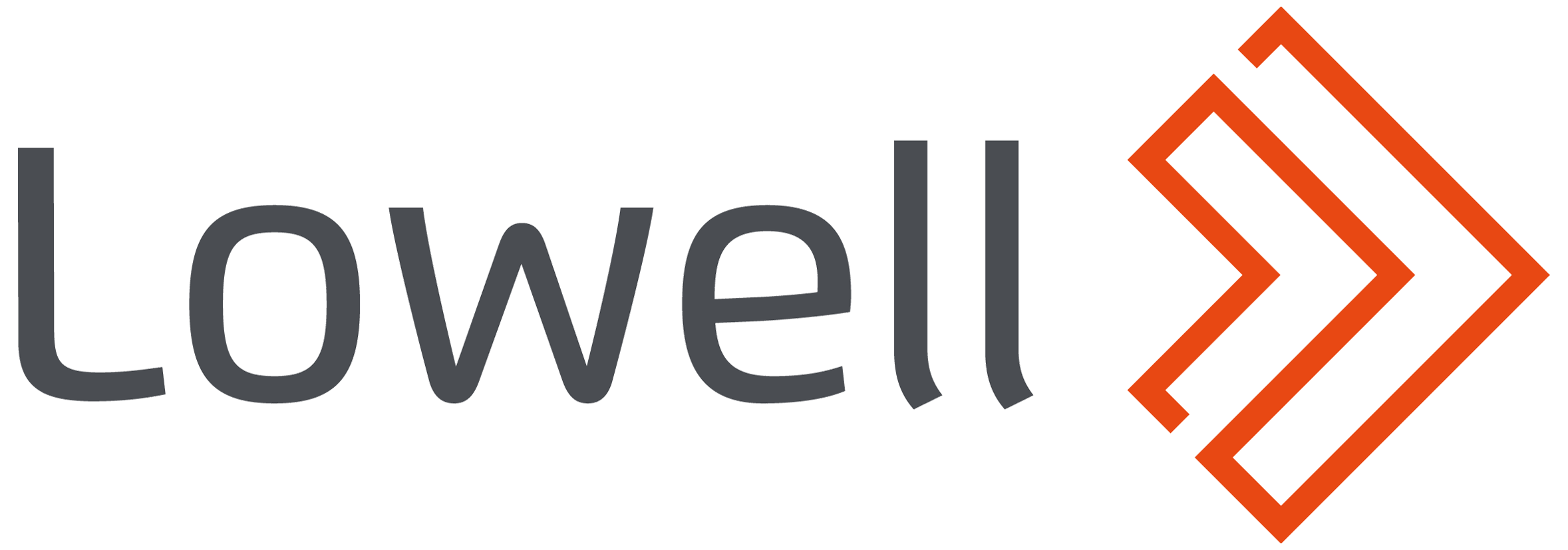What is a debt collection agency?
The debt collection process: what to expect
There are various stages in the debt collection process, which can vary depending upon who your debt is owed to. We know that the process can be confusing, so we've created a helpful guide to explain how debt collection works within Lowell, and how we will work with you to agree on an appropriate solution based on your individual circumstances.
In this guide, we’ll be discussing the following:
- What is a debt collection agency?
- How does debt collection work?
- How will I know if my debt is sold?
- Why are Lowell contacting me?
- Is Lowell a debt collector?
- Setting up a payment plan with Lowell
- Managing your payment plan with Lowell
This content is intended to be an impartial guide regarding the debt collection process, specifically referring to how it works at Lowell. Lowell Financial Ltd does not offer financial advice. You can find out more about the organisations you can contact in our guide on debt help and support.
What can a debt collector do?
What can debt collectors not do?
What is a debt advice agency?
How does debt collection work?
Is selling debt to a debt purchase company legal?
What happens when a debt is sold to a collection agency?
If a debt is sold to another company, do I have to pay?
How will I know if my debt is sold?
Why are Lowell contacting me?
How do Lowell have my contact details before I give you them?
Is Lowell a debt collector?
Who do Lowell collect for?
Do Lowell charge interest?
How does debt collection work at Lowell?
Why do I need to confirm my personal details on the phone?
What is a budget calculator?
Setting up a payment plan with Lowell
What frequency options are available for a Lowell payment plan?
What are the different payment methods I can use?
Do Lowell accept credit cards?
Managing your payment plan with Lowell
How do I get in touch with Lowell?
Can I stop paying Lowell?
What else am I able to do online?
First published: 19th November 2020
Content reviewed and updated: 2nd July 2025
Set up a personalised payment plan, so that it works for you. It’s up to you to decide how much, when and how you want to pay.




